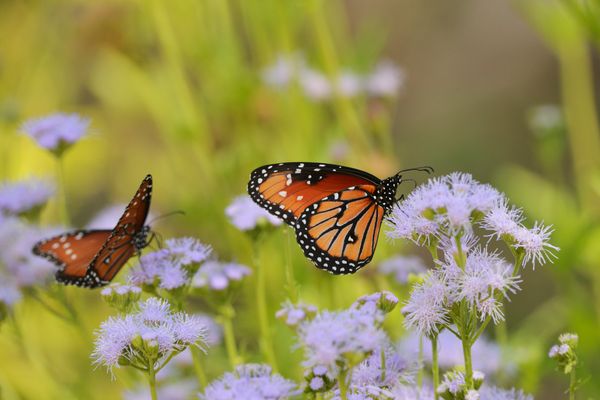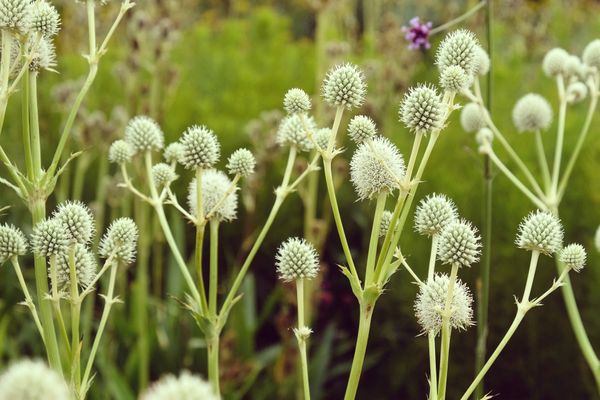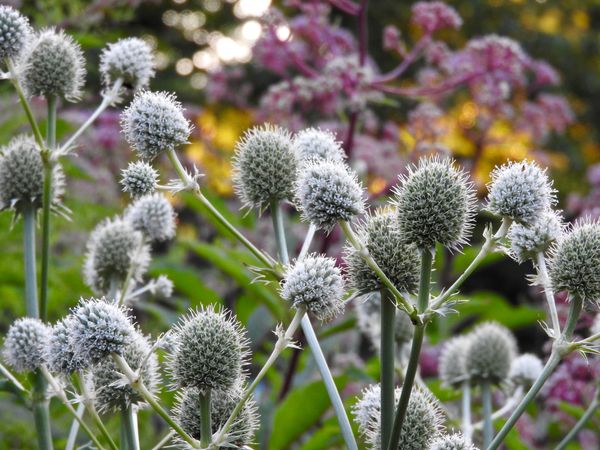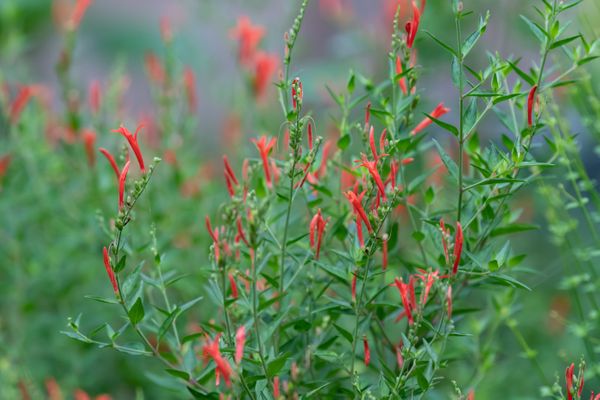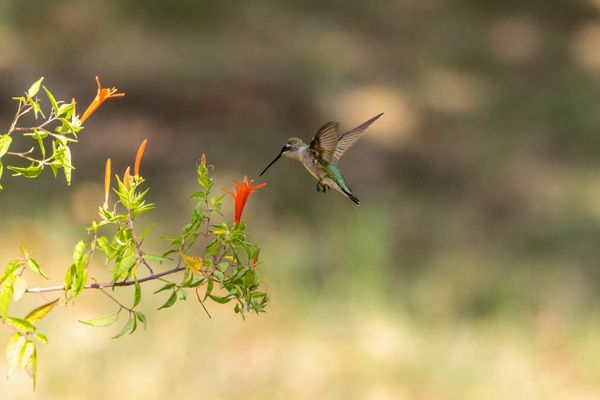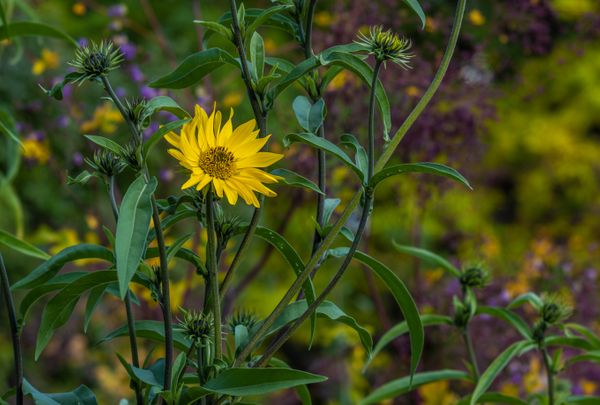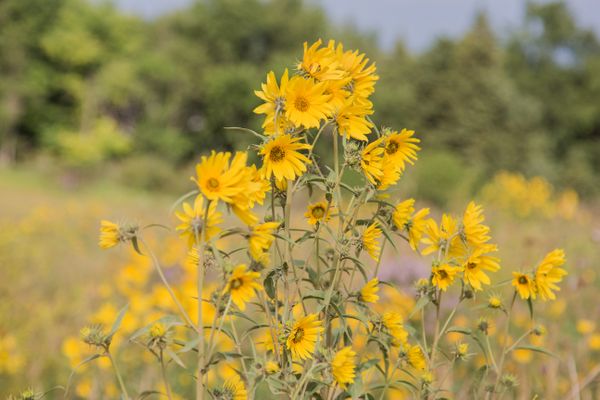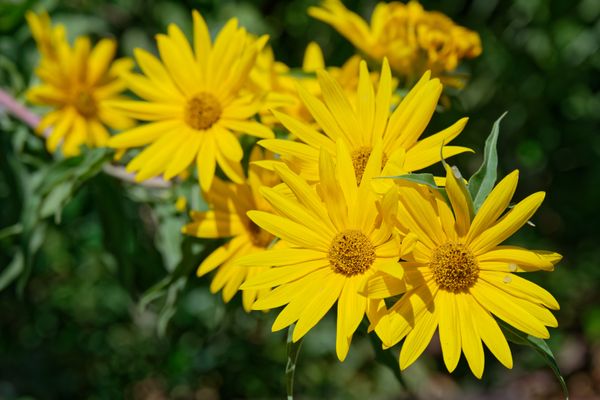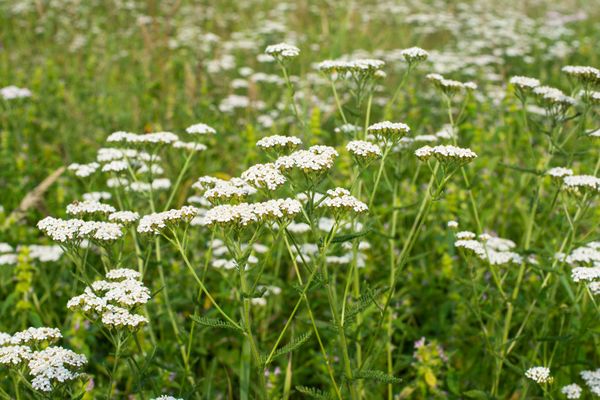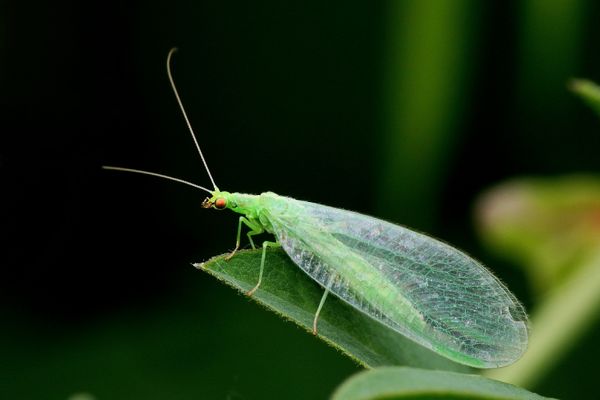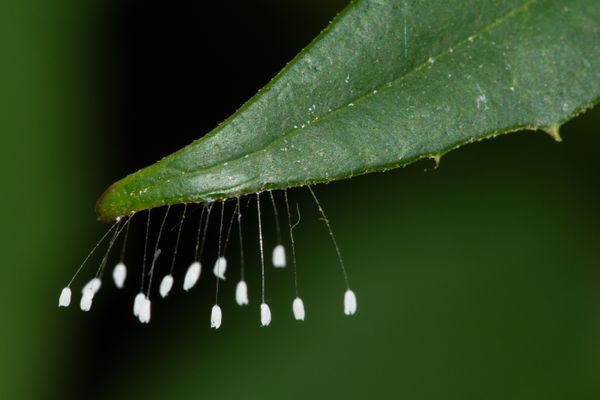Plants
Earth Day Plant Sale
Mark Your calendars
Spring is not here yet, but it's on its way. Winter is the best time to flip through seed catalogues, get ideas for a vegetable garden, and learn more about all the native plants of DFW that might work well in your full-sun or shady spot in the landscape. Don't wait for spring, start learning now which plants will add drought tolerance and attract hummingbirds and butterflies.
Earth Day is April 22nd. Our spring plant sale will be on the Saturday and Sunday before (4/18 and 4/19). Follow our event on Facebook for important updates. Online ordering for plants will open on February 1st. Ask your PTA leaders at your school for your Promo Code, to save $20 when you order by April 1st. Join your school's PTA, so you can take advantage of those $20 savings on your tray of 20 plants using your school's Promo Code. We anticipate being sold out by March 15th, so if you know you need drought-hardy plants to redo some landscaping (or build a new garden), go ahead and reserve your plants now.
Pickup Location
Pickup is in Richardson at the Greenwood Hills Learning Center (1313 West Shore Drive). If that's a bit far for you, invite your neighbors and friends to order plants also. We can load up to 9 trays of plants in a standard SUV (trays are 14"x16"). No need to have all 9 of you come pick up. Send one friend who can sign to pick up all of them and save on gas!
Landscape Design Tips
Looking to put in drought-tolerant landscaping of less than 500 square feet? For small projects like these, we can provide recommendations on what plants will do well for your project and tips on how to design your new space. Start by learning about our favorite 12 native plants of North Texas.
Keep in mind that each tray of 20 plants will fill up a space of about 100-150 square feet. Not sure which plants will do well for your landscape? We offer a limited number of phone consultations, available January 1 - March 1st. You may share up to 10 photos of your yard with us and during our call we can discuss plants that are well suited for your area. We include tips on how to DIY design your space, and how to keep the total cost of your project budget-friendly. 30-minute phone consultations will be $99 and include a $40 coupon for use when buying 40 plants for a 200-300 SF garden.
Plants For Sale
We will have plants available that do well in shade, part sun, and full sun locations. Some of the plants that we may have available include the following. Our plant availability shifts weekly, so we will be able to publish available inventory only around mid-April. When you reserve your tray of plants early (by February 1st), you'll get 3 Days of Early Bird access to reserve the exact plants you need for your garden. When you order after February 1st, you'll be able to pick inventory that's still available after Early Bird PTA Members have made their selections.
For shade: Pigeonberry, Texas Gold Columbine, River Fern, Missouri Violet, Inland Sea Oats, Lyreleaf Sage, Cedar Sage, Horseherb, Turks Cap (Red and Pink), Purple Coneflower.
For full sun: Walker Low Catmint, Red Flame Acanthus, Gregg's Mistflower, White Gaura, Pink Gaura, Zexmenia, Purple Fall Obedient, Purple Skullcap, Pink Skullcap, Indigo Spires, Frogfruit, Four Nerve Daisy, Mealy Blue Sage, Gray Goldenrod, Woolly Stemodia, Fall Aster, Fragrant Mistflower, Powis Castle Artemisia, Black Eye Susan, Copper Canyon Daisy, Cutleaf Daisy, Damianita, Giant Coneflower, Lantana (New Gold, Native, Dallas Red), Mexican Oregano, Rock Rose, Russian Sage, Gray Shrub Sage, Autumn Sage (Red, White, Pink), Skeleton Leaf Goldeneye, Coral Honeysuckle, Sedums (Angelina, Hardy Ice Plant, Coral Reef, Red Carpet, John Creech), Little Bluestem, White Yarrow, Purple Coneflower, Turks Cap (Red and Pink), Butterflyweed, Golden Groundsel, Datura, Chile Pequin, Lanceleaf Coreposis, Chile Pequin, Fern Clover, Maximilian Sunflower, Pink Evening Primrose, Prostrate Rosemary, Forsythia Sage, Texas Betony.
What The Plants Look Like
Trays include 20, 4" potted plants. Many native plants will reach gallon sized within just a few months of growth, so rather than spend twice as much money for gallon-sized plants, we recommend the smaller ones as a more economical choice. Plus, with 4" plants we're able to plant more school gardens. When you join your school's PTA and we get 5 orders for trays of plants, we donate one tray free to create a school butterfly garden.
Native plants can get big! Flame Acanthus takes up about 10 square feet in the garden, so this $5 plant is a great investment at only $0.50 per square foot. Only native plants offer such an economical choice for home landscaping projects. Because they're perennials (and have few insect or disease problems), they offer drought tolerance and water savings for the life of the plant which can be 5-10 years, or more. No more expensive plants that can't survive their first DFW summer. Native plants also cast seeds, offer stem cuttings, and can be root divided to expand your garden for free. Nature is generous. When was the last time you got free plants going to a Big Box store?
White Yarrow helps to attract beneficial insects (like this Lacewing) which eats insect pests like aphids, keeping your shrubs healthy without harsh chemicals. Keep an eye out for the tiny eggs that the lacewing lays.... suspended from plant leaves!
Learning more about dfw wildlife
Are you new to gardening.....or new to gardening with native plants? Here's a few ways to meet other gardeners and get involved with the DFW community. We hope that you'll give native plant gardening a try and share your success and what you learn with others as we work together as a community to help support North Texas wildlife.
- On Mondays, Wednesdays, and the 1st Saturdays of the month, go visit the Lewisville Lake Environmental Learning Area (LLELA) to volunteer and learn about LLELA's native plant nursery and planting prairie grasses and wildflowers.
- On the 3rd Saturday of the month, go visit the John Bunker Sands Wetland center, to learn how North Texas cleans over 14 billion gallons of water each year for reuse in this 1800+ acre wetland. Admission is $5 and free for kids under 12.
- Join your local school's PTA (even if you don't have a kid in school) and renew your membership each year to stay involved with the school's garden club. Help create more wildlife habitat to share the love of plants with children. School gardens can always use another volunteer! If your school doesn't have a garden, volunteer to help create one.
- Learn how to build a pocket prairie in your backyard or visit Clymer Meadow with the Native Prairie Association.
- Attend a gardening class, plant sale, or volunteer to become a better gardener with Master Gardeners in Collin County, Dallas County, or Denton County.
- Find a volunteer opportunity to restore habitat and learn about DFW wildlife with Master Naturalists in Collin County, Dallas County, or Denton County.
- Discover more native plants for your garden with the Native Plant Society in Collin County, Dallas County, or Denton County.
- Attend your neighborhood HOA meetings and share what you've learned with other homeowners struggling with high water bills. Give away some of the plants that your native plants will give you free from your home garden. Share the excitement of bringing a bit of nature home with your neighbors.
- Volunteer to help your HOA take the lead on a community beautification project with native plants. Think about how your neighborhood could create a butterfly garden at a city park as a space for neighbors to enjoy a place to come together.
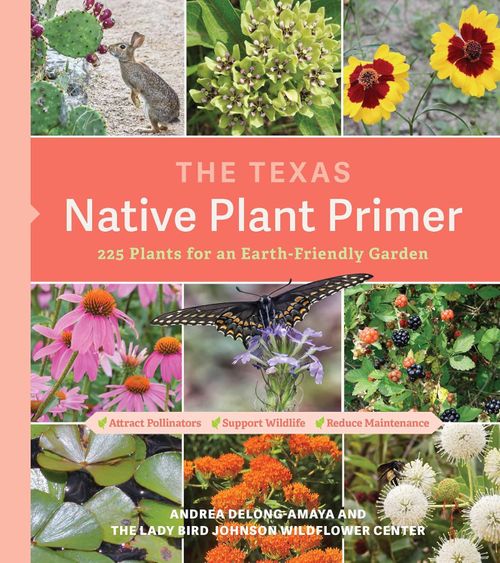
The Texas Native Plant Primer
The Lady Bird Johnson Wildflower Center, in Austin, has a great website to explore native plants across Texas. There's also a new book out, written by the Director of Horticulture at the Center, Andrea DeLong-Amaya, which she talks about with Central Texas Gardener. Find it for $14 on Kindle and discover over 200 plants native to the different regions across Texas.







